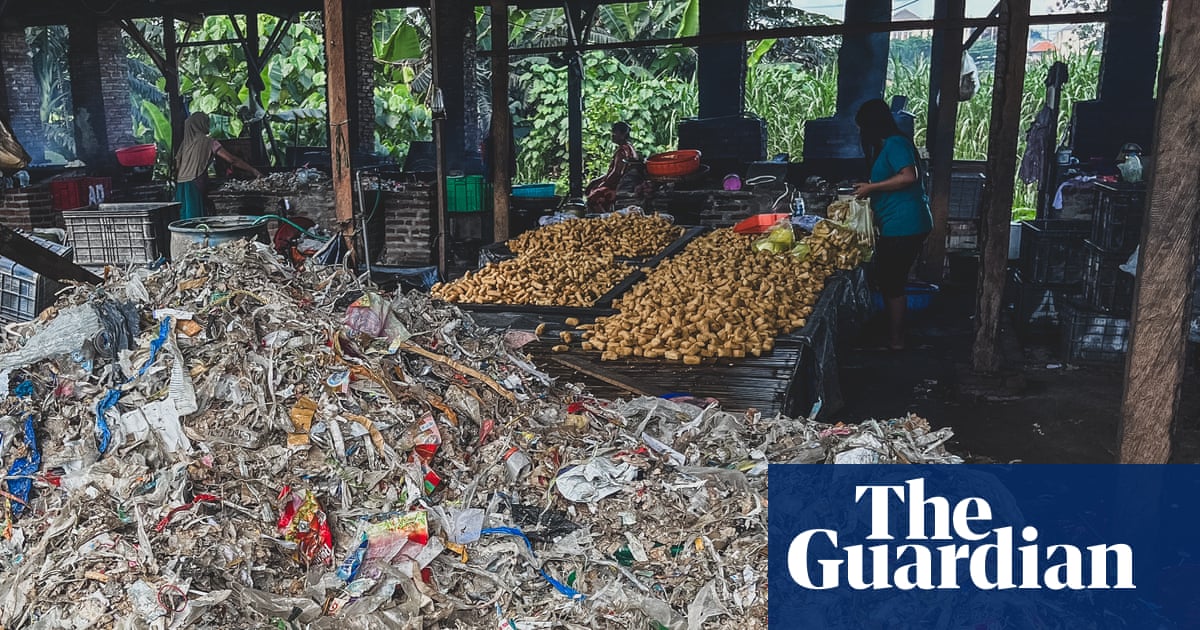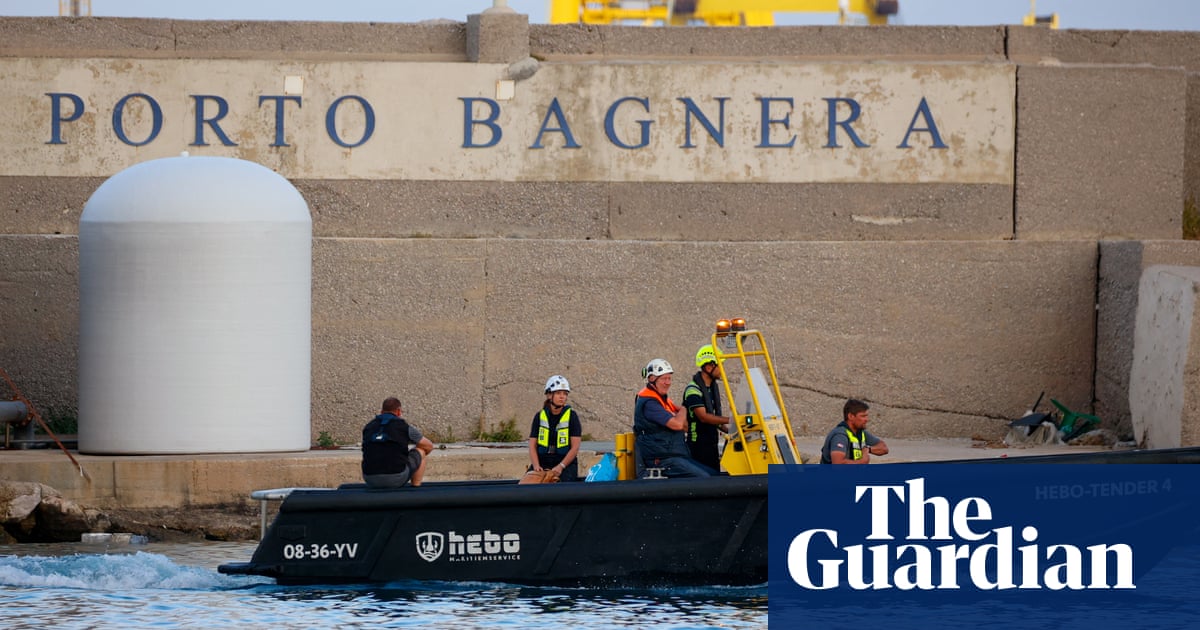European and US shipowners have sold at least 230 ageing tankers into the “shadow fleet” used by Russia to evade western sanctions on its oil exports and help fund its war against Ukraine, an international investigation reveals.
The shipowners have made more than $6bn (£4.8bn) since Russia’s 2022 invasion by selling the vessels to buyers in countries such as India, Hong Kong, Vietnam or Seychelles that are not participating in the economic sanctions against Moscow, the investigation found.
It said Greek owners had sold the largest number of tankers, offloading 127 vessels, with UK companies selling 22 and German and Norwegian owners 11 and eight. Most would otherwise have been sold for scrap at a fraction of the price, it said.
In total, owners from 21 of the 35 countries that have placed sanctions on the oil trade with Russia had sold tankers into the shadow fleet, the investigation, led by a Dutch investigative outlet, Follow the Money (FTM), and involving newsrooms in nine countries, revealed.
Western governments say ships from the shadow fleet are being used to carry Russian oil, conduct espionage activities for Moscow and chart – and sometimes destroy – vital undersea infrastructure such as cables.
The team, working with the independent Kyiv School of Economics (KSE), whose researchers believe the 600-strong shadow fleet is shipping about 70% of all Russian oil exports, analysed hundreds of maritime freight and ship registration records.
The report cited the case of two 15-year-old Greek-owned tankers that were sold to a Hanoi-based company, renamed and reflagged from Malta to Panama, that later collected 120m litres of Russian oil from the Russian Baltic port of Ust-Luga, near the Estonian border.
After the G7 and EU introduced an oil price cap in late 2022 barring companies registered on their territories from facilitating sales of Russian oil above a certain price, prices for vessels that could be registered in non-western jurisdictions soared.
“A lot of European shipowners had old tonnage that they thought wasn’t really worth much,” an analyst at Lloyd’s List, the specialist shipping newspaper, told the consortium. “All of a sudden it doubled in value – so they scrambled to sell it.”

The Belgian marine transport group CMB.Tech sold five tankers for $135m that ended up in the fleet in 2022 and early 2023. A spokesperson told the Belgian newspaper De Tijd, part of the consortium, that it was not responsible for the vessels after the sale.
after newsletter promotion
In late 2023 the EU introduced new rules requiring companies selling vessels to third countries to check they were not used to bust sanctions – but 32 European-owned tankers have been sold into the shadow fleet since then.
More recently, the EU and US have gone further, partly because many tankers in the shadow fleet do not have western insurance, never put into European ports so cannot be checked, and are so decrepit they could cause an environmental catastrophe.
Individual tankers are now barred from EU ports and services if found to be transporting Russian oil or involved in “dangerous shipping practices”. About 70 have been put under sanctions by the bloc, with reports 74 more will follow.
There are, however, no reports of plans to introduce specific measures outlawing the sale of vessels into the shadow fleet, partly because of resistance from member states with important shipping sectors, such as Greece, Cyprus and Malta.

 3 months ago
44
3 months ago
44













































